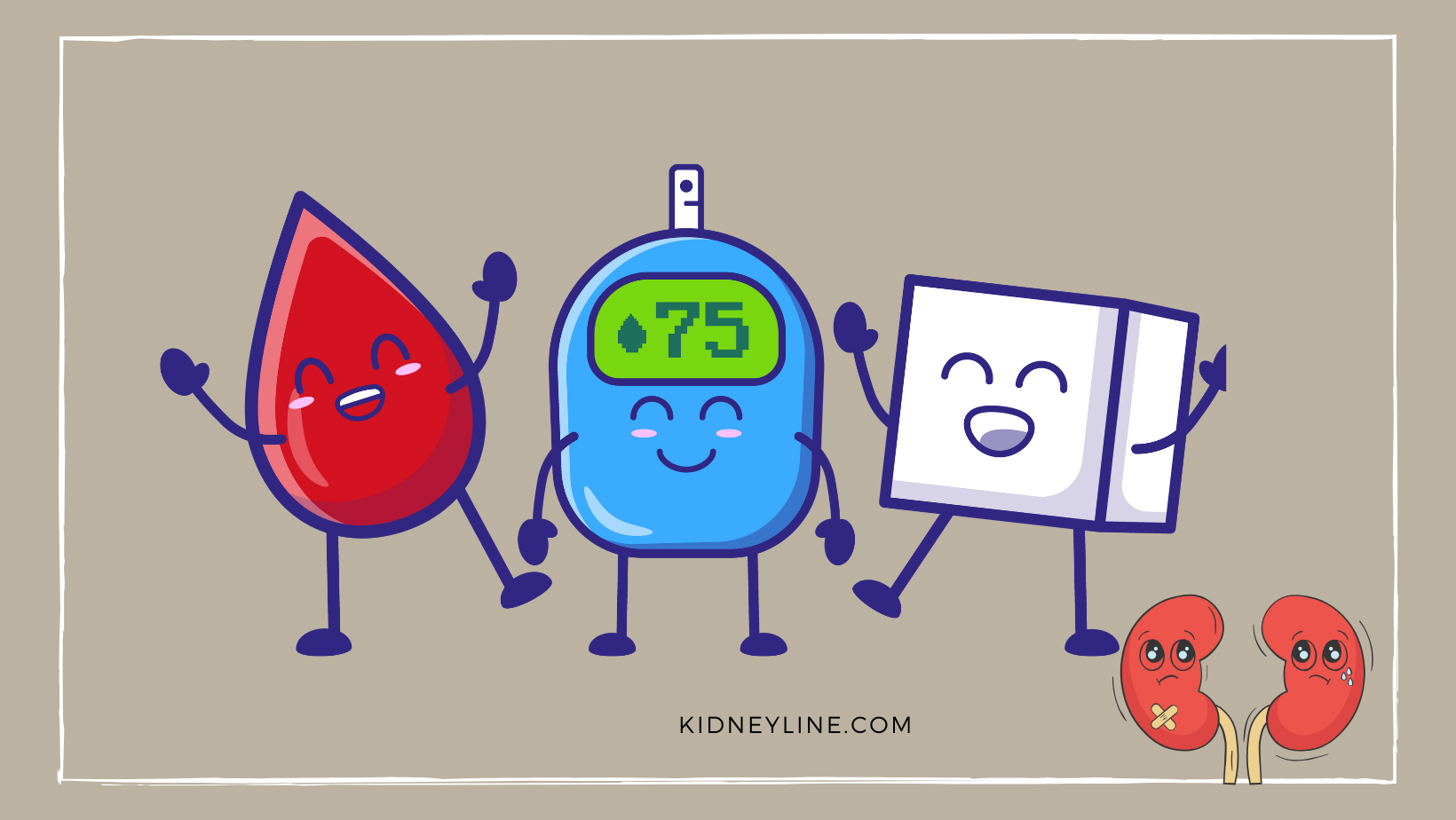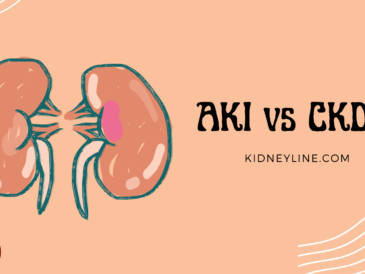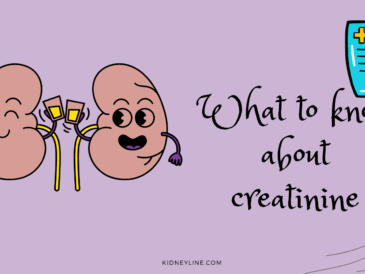If you have kidney disease and diabetes, you might have noticed that your diabetes seems to have improved or even disappeared. For some people not only does their blood sugar reading normalize, their need for diabetes medications might reduce and in some cases their blood sugar gets very low even without taking any medications. In these instances, some people even say the diabetes is cured. But is it really gone?
What is the connection between blood sugar and the kidneys.
Blood sugar is regulated by insulin. Insulin is a hormone that carries glucose (sugar) to the cells and ensures that the bloodstream doesn’t contain too much sugar. When insulin is unavailable or isn’t working, the bloodstream will contain abnormal amounts of sugar.In diabetes, patients have either reduced insulin levels or reduced response to insulin. This causes a raise in blood sugar.
Insulin is partly broken down by the kidneys. Because of this, advanced kidney disease leads to more insulin being available to break down sugar. As a result, the need for blood sugar lowering medications reduce.
Advanced kidney disease also suppresses the appetite and many patients are unable to feed adequately. Poor nutrition results in low blood sugar particularly in the face of more insulin now being available. Patients who do not have their mediations adjusted appropriately may experience low blood sugar levels. Even with diabetes medications withdrawn, some patients still have low sugar levels emphasizing the need to monitor blood sugar.
The normalization of blood sugar does not mean you are cured. Your doctors will continue to monitor you and look out for other complications of diabetes such as blurred vision and heart problems. It is a good idea to keep up with your appointments.
Bottom line
If you have diabetes and suddenly find your blood sugar falling without any explanation, it is a good idea to have your doctors check out your kidneys. You should also learn to protect your kidneys if you have diabetes.




